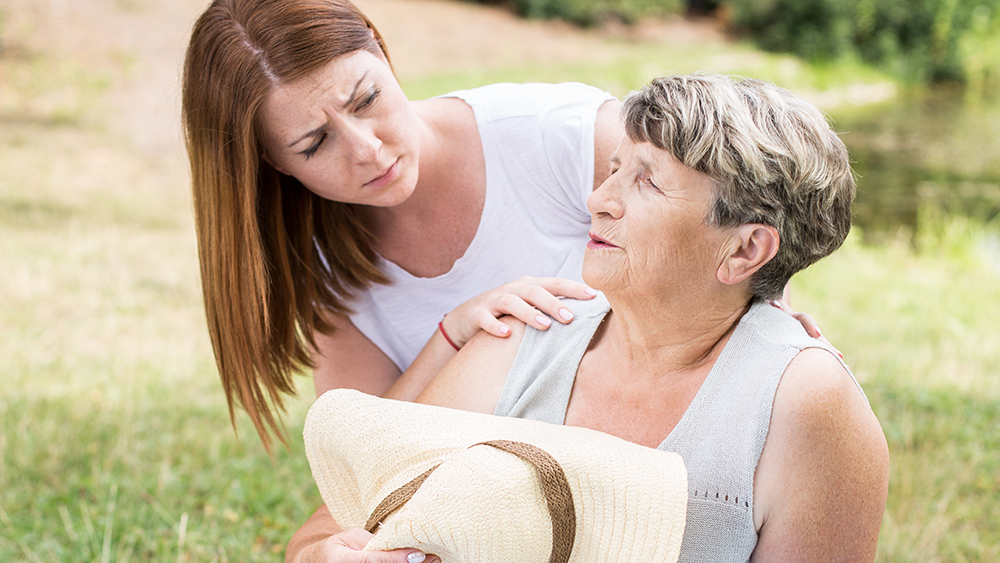Family Practice Associates
The high temperatures of summer combined with outside activities involving excessive temperatures and physical exercise or labor can increase the risk of heat stroke or more commonly heat exhaustion.
Both are caused by a problem with your internal temperature regulation or your body’s built-in system to maintain your normal temperature; in this situation, cooling itself. We naturally sweat when involved in strenuous activity to keep us cool but if you are dehydrated, wearing heavy or tight clothing or consuming alcohol, your body may have difficulty producing enough sweat to keep your temperature in a normal range.
Heat stroke is more serious and can be considered a medical emergency. The first symptom can be fainting and is characterized by elevated body temperature above 104 degrees Fahrenheit, rapid heart rate, change in mental status (confusion), hot flushed dry skin, nausea, vomiting and dizziness. Seizures can occur if treatment is not initiated.
Heat exhaustion can have similar symptoms, although not as severe. You should watch out for general weakness, heavy sweating, rapid heart rate, nausea, vomiting, possible lightheadedness, dizziness and potential fainting. However, the skin is pale, cold and clammy. The body temperature is rarely over 100 degrees Fahrenheit.
As you can see when comparing these two health conditions, heat exhaustion is milder with lower body temperature, heavy sweating, and clammy cold skin, and there is no alteration in mental status such as confusion.
Pay attention to your body to avoid these conditions by staying hydrated with water or sports drinks (Body Armour Lyte is my favorite). Limit alcohol; or drink a bottle of water for every alcoholic beverage you consume. Take a cool shower or use cold compresses to keep your body temperature down, move to a shaded area or inside to air conditioning. Lie down and remove extra layers including shoes and socks. If you are vomiting and this does not resolve, seek medical treatment.
If symptoms worsen or you notice increased confusion, vomiting or fainting, seek medical treatment immediately. Heat stroke is serious enough to warrant an emergency department visit.
Stay out of the heat and increase fluids for several days if you have experienced heat exhaustion or heat stroke as you are more susceptible to a re-occurrence.
Enjoy your summer and all the fun outside activities, but be prepared with plenty of water, sports drinks, built-in breaks in the shade or a quick splash in a cool pool or lake. Do not overdress in heat or humidity and pay attention to yourself and others around you to recognize symptoms quickly to prevent a serious reaction to the heat.


